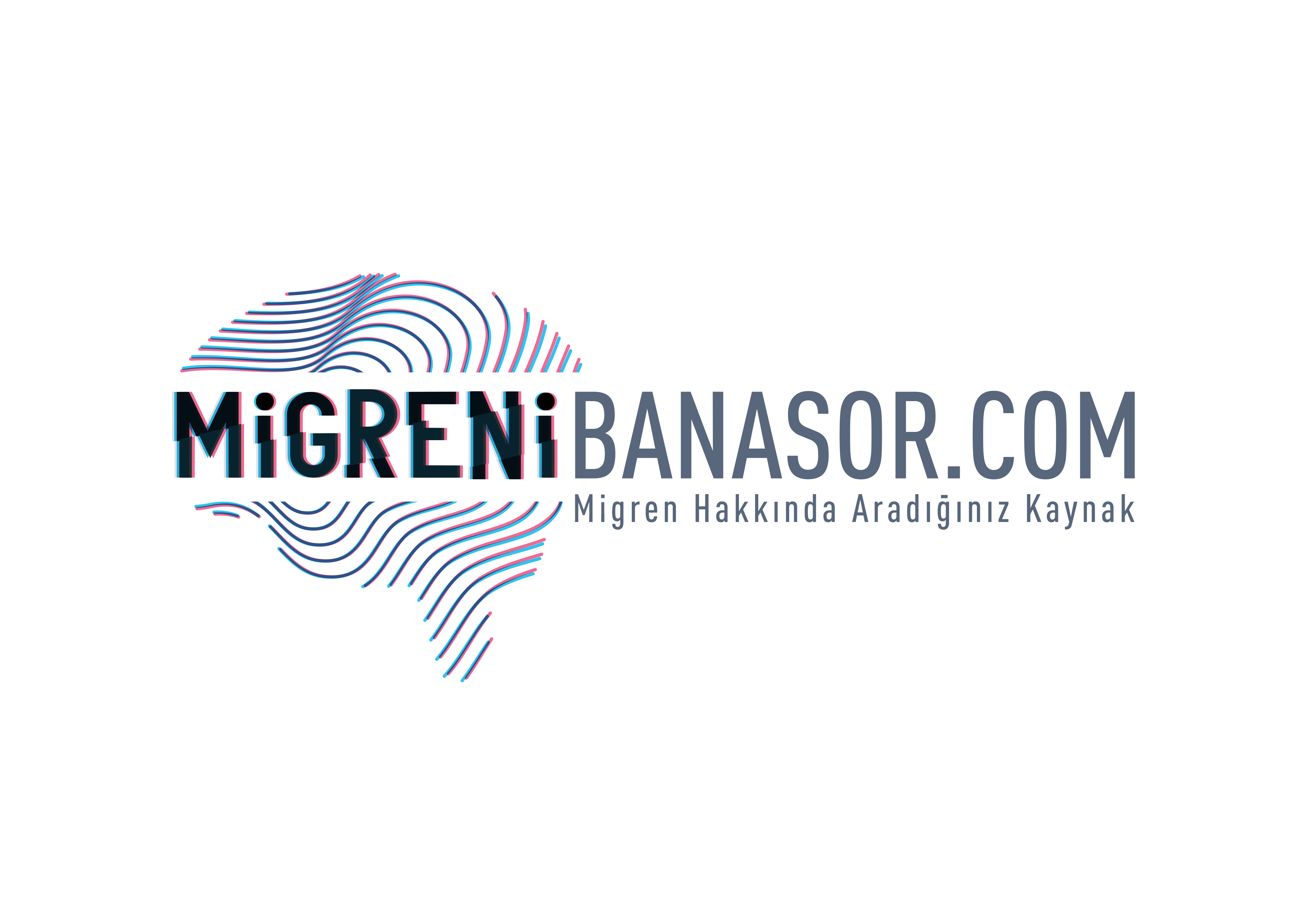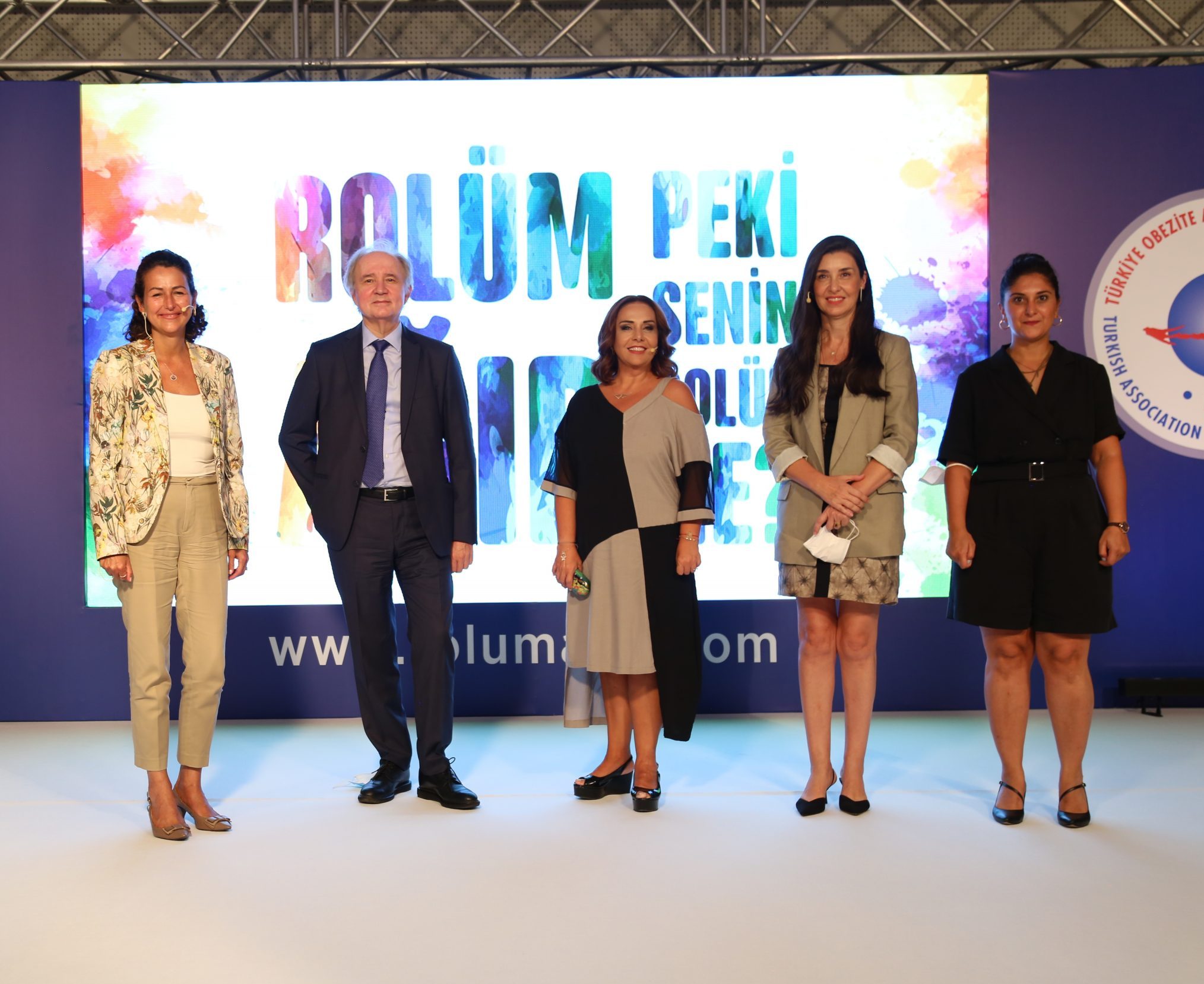Migraine, which is ranked first among the diseases that cause disability under the age of 50, is a neurological disease that is often confused with tension-type headache.
- On average, 1 out of every 6 people in Turkey is struggling with migraine.
- The “Ask Me About Migraine” project was launched by the Headache and Pain Studies Association in cooperation with Novartis to support migraine patients, to ensure that patients have access to accurate and up-to-date information, and to make patients and their relatives feel that they are not alone.
- Within the scope of the project, the song “Ask Me Again” (Bir de Bana Sor) was performed, the lyrics of which were rearranged to reflect the difficulties experienced by migraine patients.
As we leave behind the 5-11 September Migraine Awareness Week, the Headache and Pain Studies Association, (Başağrısı ve Ağrı Çalışmaları Derneği) in cooperation with Novartis, launched the Ask Me about Migraine project in order to raise social awareness about migraine and make a difference in the lives of migraine patients. With the Migraine Ask Me (Migreni Bana Sor) project, it is aimed to support migraine patients, to ensure that patients have access to accurate and reliable information, to make patients and their relatives feel that they are not alone, to support them to talk about the disease with confidence, and to be the voice of migraine sufferers. Within the scope of the project, the song “Ask Me Again” was sung, the lyrics of which were rearranged to reflect the difficulties experienced by migraine patients.
“Migraine is a treatable disease”
Migraine, one of the most common neurological diseases in the world, is often confused with headache. Migraine, which is especially common in adults, affects daily life and causes loss of work force, is 2-3 times more common in women than in men. Migraine is ranked first among the diseases that cause disability under the age of 50. The disease occurs when people with a familial predisposition are exposed to certain triggering factors such as stress, hunger, fatigue, travel, and hormone changes. Migraine attacks generally progress as unilateral, throbbing headaches that increase in intensity with physical activities. It is repetitive and the frequency of these repetitions varies from person to person. Symptoms such as nausea, light and sound sensitivity, and smell sensitivity can be seen in migraine patients.
Stating that 1 out of every 6 people in Turkey struggle with migraine, Prof. Dr. Sabahattin Saip, President of the Headache and Pain Studies Association, Lecturer, Cerrahpaşa Medical Faculty Neurology Department, Istanbul University, said, “Migraine patients think that their problems are not taken seriously and they feel that they are not understood by their environment. The close circles of migraine patients underestimate the symptoms of the disease, and most of the patients’ relatives do not notice enough triggering factors such as smell and light that deeply affect migraine patients. Emphasizing that migraine can be treated, Prof. Dr. Saip continued his words as follows: “The treatment of migraine is a personalized treatment and it varies from patient to patient. Although the treatments vary, we recommend that all migraine patients keep a headache diary so that they can follow the attacks.” Expressing that it is very important to increase social awareness about migraine disease, Prof. Dr. Saip said, “Migraine progresses differently in each patient and the disease has a wide variety of triggers. By raising awareness about trigger factors, we can support migraine patients and make them feel better. Unfortunately, public awareness of migraine is quite low. Increasing awareness about the disease is an important step in the fight against the disease. For this reason, associations, health institutions and experts have important duties.”
Ask Me Migraine Project
With the Headache and Pain Studies Association and Novartis, the Ask Me about Migraine project aims to support migraine patients, raise awareness about the disease, and help patients find answers to any questions they may have about migraine. On the website of the Ask Me about Migraine project, there are many content such as medical information about migraine prepared under the consultancy of specialist physicians, nearly 100 informative videos shot with more than 20 physicians, and frequently asked questions about migraine. These contents can also be accessed through the project’s Instagram, Facebook and YouTube social media accounts.
Within the scope of the project, the lyrics of the song “Ask Me Again” were rearranged and performed to draw attention to the problems experienced by migraine patients. With this song, it is aimed to instill hope in patients by emphasizing that migraine is a treatable disease.
Specialist physicians who contributed to the Ask Me about Migraine awareness platform:
Prof. Dr. Elif Ilgaz Aydınlar, Prof. Dr. Betül Baykan, Prof. Dr. Şebnem Bıçakçı, Prof. Dr. Özlem Coşkun, Prof. Dr. Neşe Çelebisoy, Prof. Dr. Babür Dora, Prof. Dr. Mustafa Ertaş, Prof. Dr. Figen Gökçay, Prof. Dr. Elif Ilgaz Aydınlar, Prof. Dr. Levent İnan, Prof. Dr. Ömer Karadaş, Prof. Dr. Necdet Karlı, Prof. Dr. Elif Kocasoy Orhan, Prof. Dr. Taner Özbenli, Prof. Dr. Aynur Özge, Prof. Dr. Mehmet Özmenoğlu, Prof. Dr. Vesile Öztürk, Prof. Dr. Ayşe Sağduyu Kocaman, Prof. Dr. Aksel Siva, Prof. Dr. Hadiye Şirin, Prof. Dr. Derya Uludüz, Prof. Dr. Nevzat Uzuner, Prof. Dr. Serap Üçler, Prof. Dr. Pınar Yalınay Dikmen, Prof. Dr. Mehmet Zarifoğlu, Doç. Dr. Hakan Levent Gül and Doç. Dr. Uğur Uygunoğlu.



